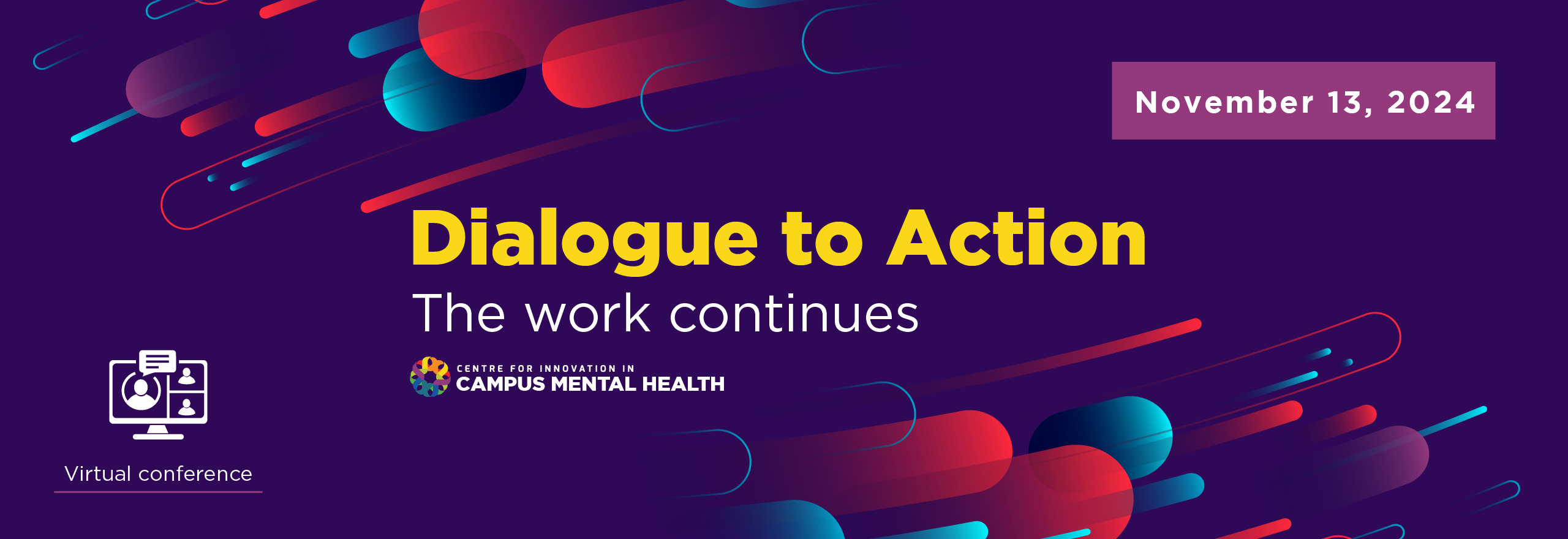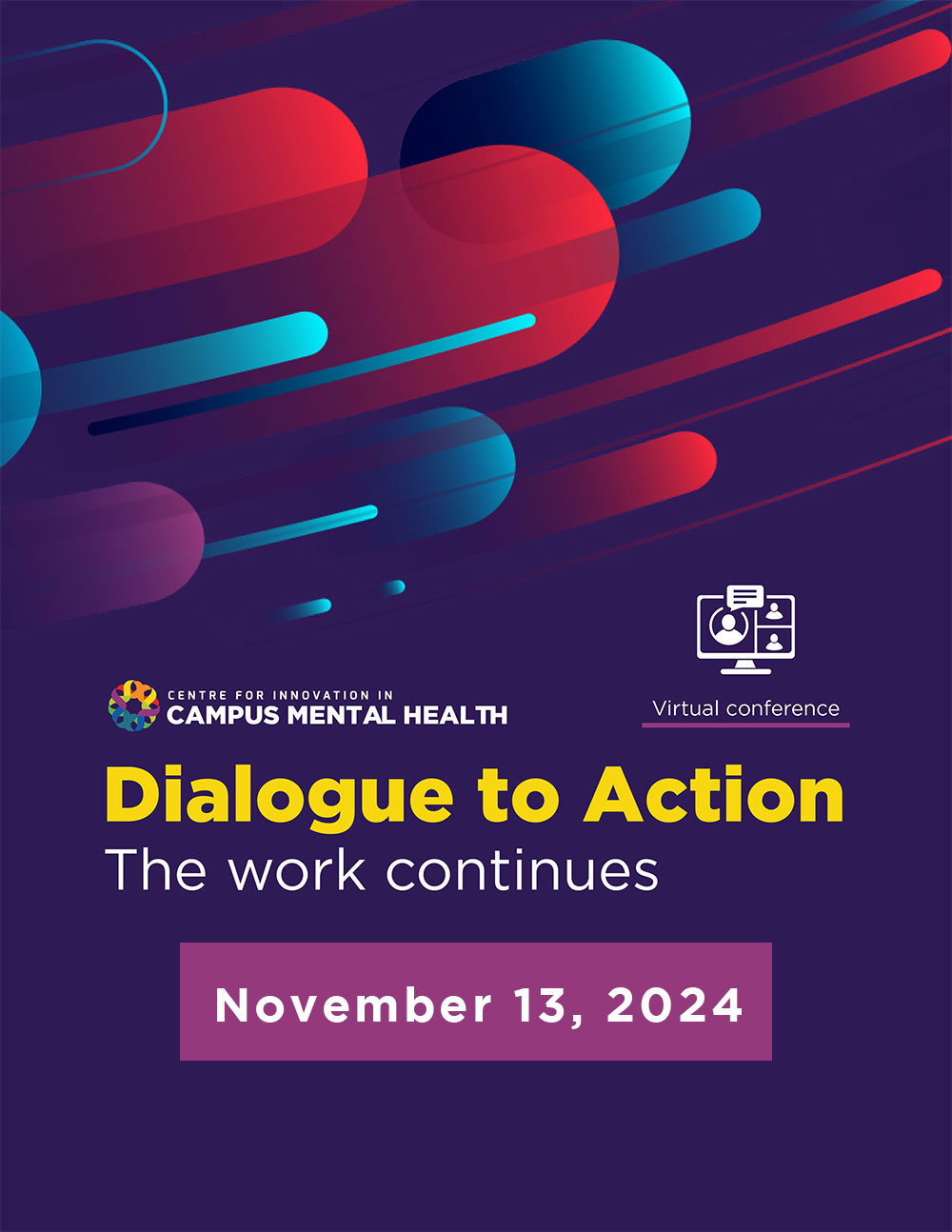Agenda
Virtual Conference Agenda
7:30 a.m. – 9:00 a.m.
REGISTRATION
8:30 a.m. – 9:00 a.m.
OPENING CEREMONIES
9:00 a.m. – 10:00 a.m.
KEYNOTE ADDRESS
10:00 a.m. – 10:15 a.m.
HEALTH BREAK / NETWORKING
10:15 a.m. – 11:15 a.m.
A1-A6 CONCURRENT SESSIONS
11:15 a.m. – 11:30 a.m.
HEALTH BREAK / NETWORKING
11:30 a.m. – 12:30 p.m.
B1-B6 CONCURRENT SESSIONS
12:30 p.m. – 1:30 p.m.
LUNCH BREAK
1:30 p.m. – 2:30 p.m.
KEYNOTE ADDRESS
2:30 p.m. – 2:45 p.m.
HEALTH BREAK
2:45 p.m. – 3:45 p.m.
C1-C6 CONCURRENT SESSIONS
3:45 p.m. – 4:00 p.m.
HEALTH BREAK / NETWORKING
4:00 p.m. – 5:00 p.m.
D1-D6 CONCURRENT SESSIONS
5:00 p.m. – 5:15 p.m.

